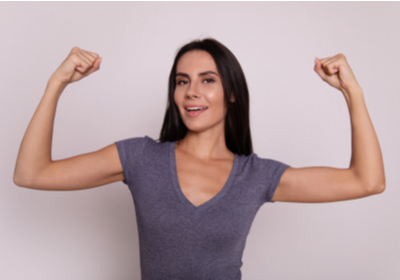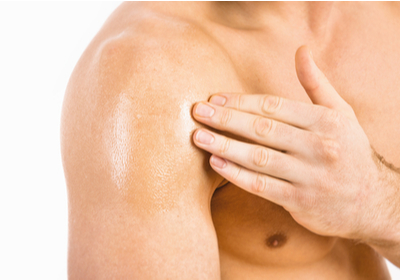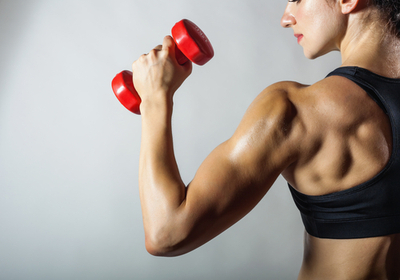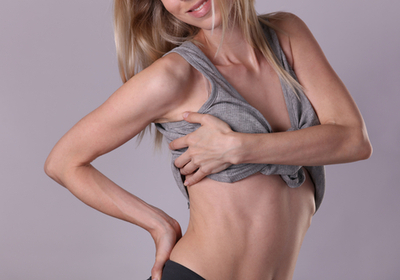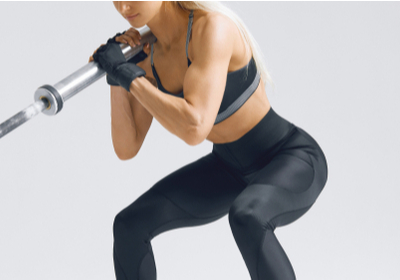
The quadriceps is a large and strong muscle that acts as the primary extensor of the knee joint. Because the knee joint carries most of the body's weight, the quadriceps is the main muscle of the lower thigh. Weakness of this muscle, in fact, would simply make it impossible for people to maintain an upright posture. Quads are made up of the four coronary muscles: the straight, inner, outer, and middle muscles. In spite of this, during various exercises, the load falls completely on this muscle. Sure, strengthening your quads is important, so let's give a quick look at a few of the best exercises for them.
Barbell and Dumbbell Lunging
You can do lunges in many different ways. You can do this either with a barbell, or dumbbells, while walking around the gym, or from a stand-up position. Let's consider a variation where the athlete stands in a position using a barbell or dumbbell. This position is similar to the squat position with a barbell on your back. Take a step forward with your right foot. The lunge should make the thigh of the working leg to be parallel to the ground at the low point. Simultaneously, the knee of the left leg almost touches the floor, also forming a 90-degree angle. Back to the previous position. Change legs - take a step forward with your left leg.
Leg Press
The leg press takes as much of the work out of your back and hips as possible. At the same time, it allows you to train with a much heavier weight than a deep squat. In order to place the load on your quads, your feet should be shoulder-width apart while doing the leg press.
Just follow the right workout technique. Press your back and head firmly against the bench, with your legs almost completely straight and resting on the frame and your hands firmly gripping the handles. Bending the knees, form a straight angle between the thighs and calves. Lower the legs back to the previous position.
Single-Leg Squat
Make single-leg squats if you can't go to the gym to train with training machines. It is a perfect way to get your quads workout done. Because it allows you to load your legs without using extra weight. Start in a standing position, extending one leg slightly forward. While squatting down, extend the leg forward and straighten it. Get back to the previous position. Repeat at least 10 times for each leg.
Kick Squat
Standing with feet shoulder-width apart and toes slightly to the side, place your hands at your waist or cradle them in front of your chest. Focus on the center of your feet. Squat down horizontally at the hips, remembering to keep your back straight. Stand up shifting your weight to one side. Lift your knee to a horizontal position and make a kick with your foot. The kick should be done in one movement.
Squats With Fitness Ball
Position your feet a little wider than shoulder-width apart with your toes out to the sides at a 45-degree angle. Grasp the fitness ball, keeping a tense and natural bend at the waist, straight shoulders, and neck. Holding the exercise ball, raise your arms up to shoulder height. As you inhale, begin to bend your knees to your sides, making sure they don't stick out past your toes. Your hips should go down first. Your weight is on your heels. Bring your back slightly forward as you squat down and extend your arms to lift the exercise ball over your head. Perform 30-50 repetitions.
Final Thoughts
Every person dreams of having beautiful legs, and luckily, getting great quads isn't that hard if you know what to do. So why don't you try these exercises?
Read more

